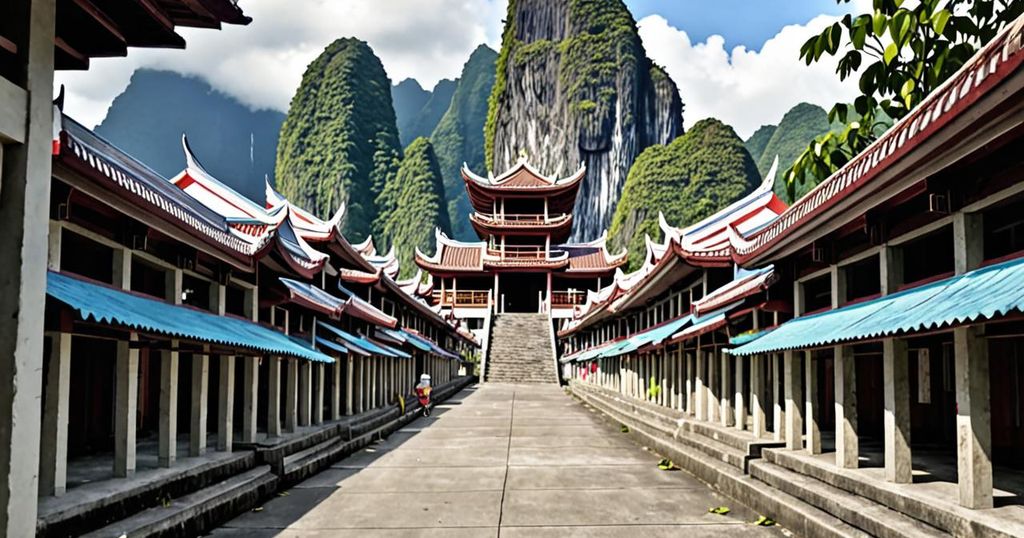Recent surveillance images from Xianbin Jiao, also known as Xianbin Reef, in the South China Sea have unveiled the Philippines’ repeated attempt to transport construction materials, potentially cement, to the Philippine Coast Guard (PCG) ships stationed illegally in the area. The PCG ship BRP Teresa Magbanua has been present at Xianbin Jiao since April of this year.
In response to this action, China’s Coast Guard (CCG) spokesperson, Liu Dejun, officially stated that the Philippines dispatched three coast guard vessels on Monday to transfer personnel and supplies to its illegally stationed ship at Xianbin Jiao. China has condemned this act, deeming it a violation of their territorial sovereignty, the Declaration on the Conduct of Parties in the South China Sea, and a threat to peace and stability in the region.
Ding Duo, deputy director of the Institute of Maritime Law and Policy at the National Institute for South China Sea Studies, has analyzed the Philippines’ attempt to supply the illegally stationed coast guard ship at Xianbin Jiao as a calculated move. Meanwhile, Yang Xiao, deputy director of the Institute of Maritime Strategy Studies under the China Institute of Contemporary International Relations, has expressed the view that the Philippines’ idea is unrealistic and unfeasible.
The Philippines’ actions are thought to be due to its alliance with the US, aimed at strengthening its military cooperation with the country. The Philippines uses these confrontations to distort the truth and critique China’s lawful law enforcement actions, with the hope of US intervention, and seeking to lessen the threshold of utilizing the US-Philippines Mutual Defense Treaty. Nevertheless, this support from the US serves merely as a morale booster for the Philippines.
The disputes between China and the Philippines are bilateral matters and do not encompass the US. By allowing itself to be swayed by foreign powers and engaging in conflict with neighboring nations, the Philippines is acting counter to its own interests.
The fundamental goal of US foreign policy is to uphold dominance in the Asia-Pacific region and globally, and the Philippines is merely perceived as a tool in its strategy to contain China.
Despite the backing of the US, the Philippines has not derived any benefit from provoking China in the South China Sea. Despite talk of holding discussions on the issue, the Philippines’ persistent provocation showcases a lack of comprehension of the underlying cause of the problem.
China consistently urges the Philippines to engage in dialogue and consultation to resolve disputes. While the door for communication is open, the critical factor lies in the Philippines demonstrating a genuine willingness for dialogue, rather than paying mere lip service to the notion while persisting in provocation.
China is steadfast in its resolve to defend its territorial sovereignty and possesses the means to do so. Therefore, the Philippines would be misguided if it continues to provoke China. There is no merit in such actions.

Leave a Reply